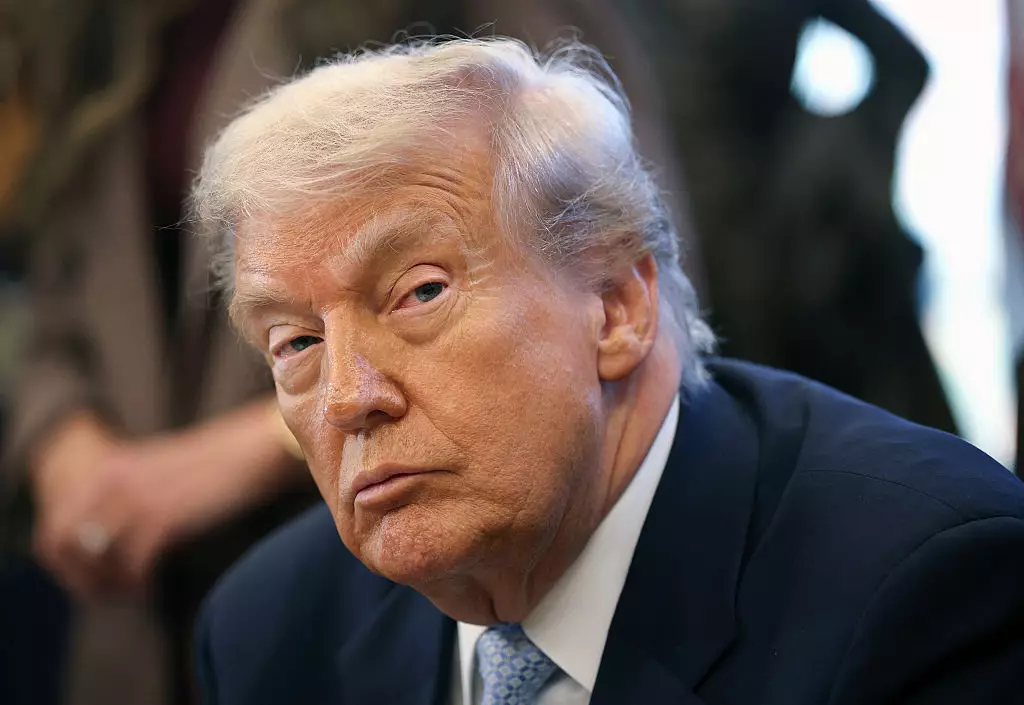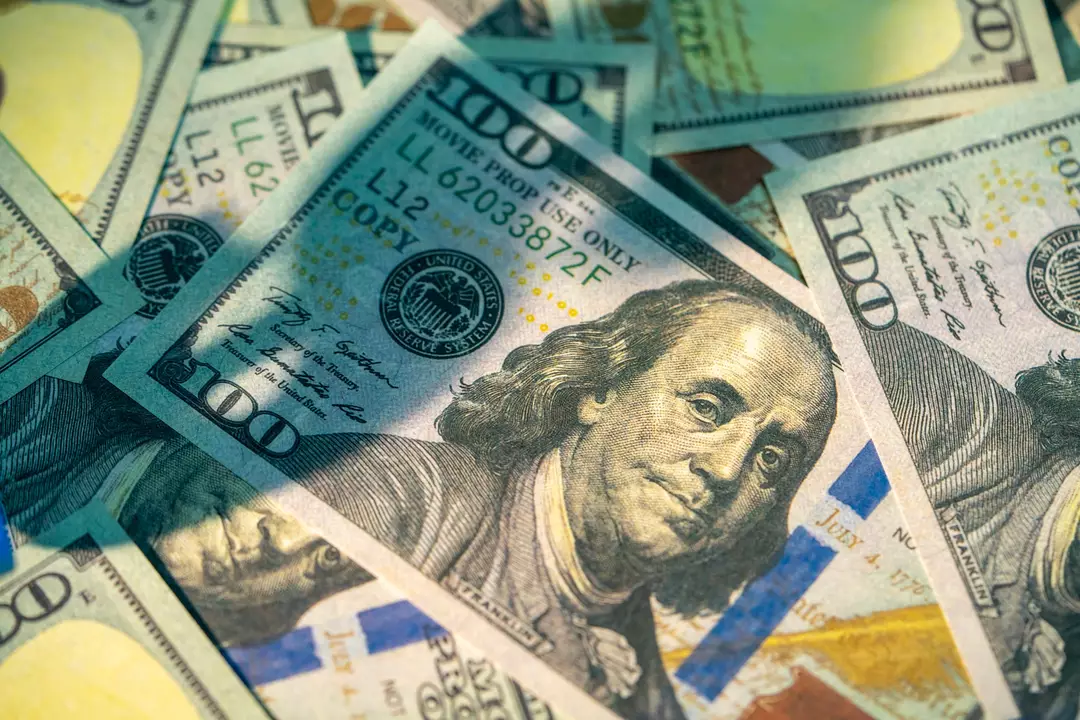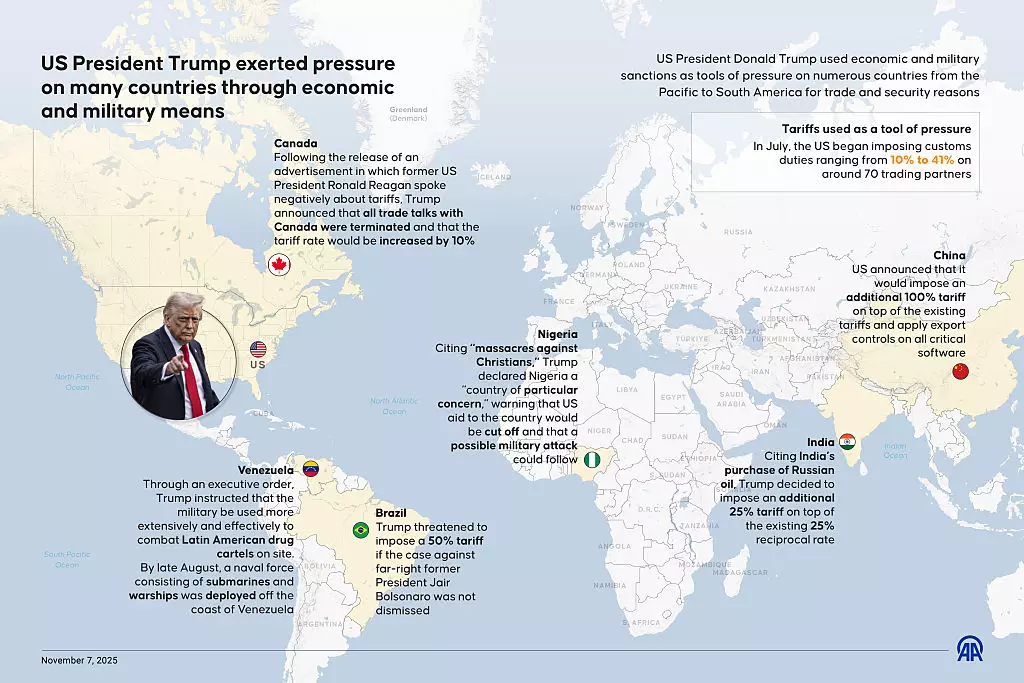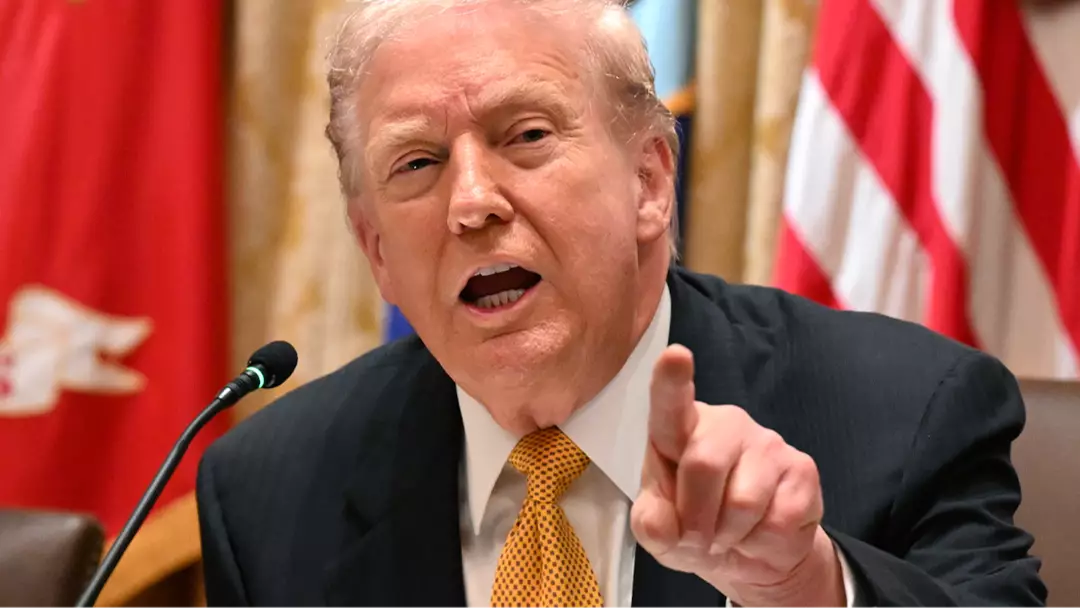After Donald Trump claimed that Americans would receive ‘tariff dividends’ in their bank accounts, some explanations have emerged as to why this might not become a reality.
A few weeks back, the president announced that all Americans could look forward to a $2,000 payment through his ‘tariff dividends’.
He expressed his plan on Truth Social, stating: “People that are against Tariffs are FOOLS! We are now the Richest, Most Respected Country In the World, With Almost No Inflation, and A Record Stock Market Price. 401k’s are Highest EVER.
“We are taking in Trillions of Dollars and will soon begin paying down our ENORMOUS DEBT, $37 Trillion. Record Investment in the USA, plants and factories going up all over the place. A dividend of at least $2000 a person (not including high income people!) will be paid to everyone.”
However, Treasury Secretary Scott Bessent specified that this payment would be aimed at those earning under $100,000.
While the president has promised that rebate checks will be issued next year, several factors may hinder the realization of this plan.

One major reason these checks might not materialize is that the tariffs may not generate enough revenue to cover payments for everyone in the US.
The Tax Foundation estimates that the tariffs are projected to generate $158.4 billion this year, with an increase to $207.5 billion by 2026.
When the Tax Foundation analyzed three different designs for a tariff dividend, they found that the amount required to provide payments to every eligible family exceeded the total tariff revenue projected annually.
The analysis concluded that it would cost $279.8 billion, even if the payments were limited to taxpayers and their spouses.

For decisions of this magnitude, Congressional approval is crucial.
Consequently, the proposed dividend checks could be rejected if deemed to disrupt the yearly budget.
Scott Lincicome, vice president of general economics at the Cato Institute, told CNN: “I find it extremely implausible that Republican budget hawks are just going to be okay with blowing another $300 billion to $600 billion.”
With the national debt reaching $38 trillion recently, this could impede the approval of Trump’s checks.
“It’ll never pass. We have a $37 trillion debt,” Republican Sen. Bernie Moreno remarked to reporters in July, as reported by Business Insider.

There’s no question that US citizens would likely spend the checks if received, and if the money is spent on US products, it might create a demand that suppliers are unable to meet.
Increased consumer spending can lead suppliers to raise prices to maintain profit margins, making it difficult for individuals to afford the same goods once their funds deplete.
Similar to the impact Joe Biden’s 2021 stimulus checks had on inflation, the tariff dividends might contribute to a similar effect.
The Supreme Court justices have not particularly endorsed Trump’s ‘reciprocal tariffs’ implemented under the International Emergency Economic Powers Act (IEEPA).
“If the Supreme Court says the bulk of the tariffs are illegal, that could throw a wrench in the tariff rebate plan,” said Erica York, vice president of federal tax policy at the Tax Foundation, according to CNN.

